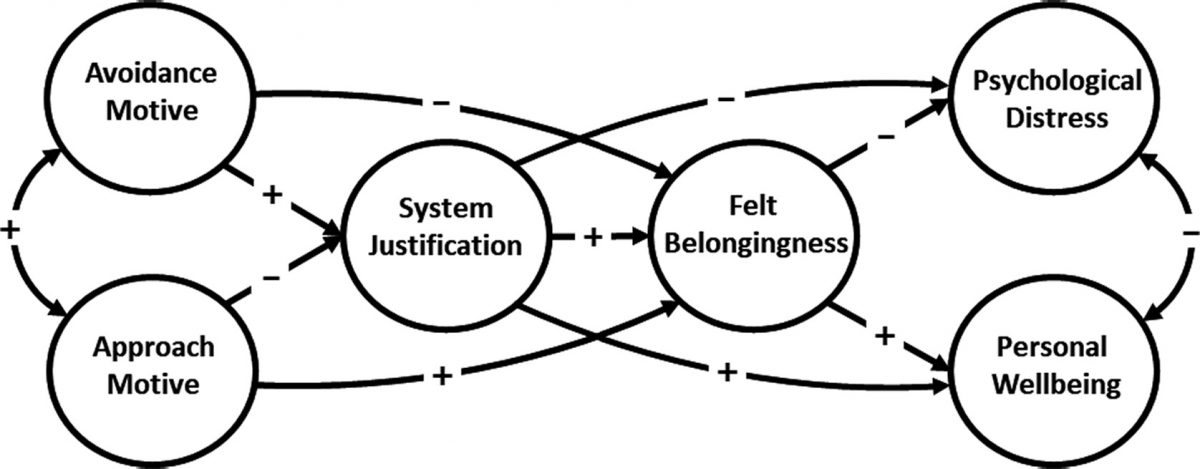Introduction
In the intricate realm of decision-making, our minds are often influenced by a cognitive bias known as the System Justification Theory. This mental model refers to our tendency to rationalize and defend existing social, economic, and political systems, even when they may not be in our best interests. Understanding this concept is vital as it sheds light on how human psychology anchors us to the status quo and shapes our day-to-day lives. In this blog post, we will explore the System Justification Theory, its relevance in decision-making processes, its prevalence in society, provide real-world examples, delve into the mental biases that contribute to it, and offer practical strategies to overcome this bias for more objective decision-making.
The Relevance of System Justification Theory
The System Justification Theory is highly relevant in decision-making processes as it examines our inclination to uphold and defend the existing social order. By understanding this bias, we can recognize how it influences our choices and judgments, often leading us to make decisions that may not align with our best interests. The theory also sheds light on how we navigate and maintain social stability, preserve the status quo, and justify unequal systems, even when they perpetuate injustices.
Anchored in Human Psychology
The prevalence of the System Justification Theory in our lives can be attributed to the psychological mechanisms at play. Humans have a natural desire for stability, predictability, and a sense of order. This innate need drives us to justify and defend the existing systems, as it provides a sense of security and certainty. Additionally, our cognitive processes are influenced by the confirmation bias, which leads us to seek information that supports our existing beliefs and values, further reinforcing our inclination to uphold the status quo.
Real-World Examples
Personal Life Decisions:
Consider an individual who is dissatisfied with their current job, but due to the fear of change and uncertainty, they choose to stay in the familiar and secure environment. Despite the potential for personal growth and fulfillment in pursuing a different career path, the individual justifies their decision to maintain the existing job, succumbing to the bias of system justification.
Business Scenarios:
In a business context, a company may resist implementing innovative practices or adopting new technologies, even when it could lead to increased efficiency and competitiveness. The organizational culture and individual biases towards the familiar and established processes may hinder progress and hinder the company’s long-term success.
Public Policy-Making:
System Justification Theory is often evident in public policy-making. Suppose a government maintains policies that disproportionately benefit a privileged few, leading to socioeconomic inequalities. Despite evidence of the negative consequences, the system is perpetuated as people justify the status quo, considering it necessary for stability or simply accepting it as the norm.
Mental Biases and Psychological Underpinnings
System Justification Theory is intertwined with several cognitive biases, including the confirmation bias and the status quo bias. The confirmation bias leads us to seek information that supports our existing beliefs, reinforcing the justifications for the current system. The status quo bias, on the other hand, makes us prefer the familiar and resist change, even when it may be beneficial.
Other psychological factors, such as cognitive dissonance, the need for social belonging, and group identification, contribute to system justification. Individuals tend to align themselves with the dominant ideologies and groups within society, seeking to justify and defend their own positions within the existing system.
Identifying and Overcoming System Justification Theory
Recognize Biases and Assumptions:
Develop awareness of the biases and assumptions that underpin your decision-making process. Reflect on whether you are favoring the status quo and whether it aligns with your long-term goals and values.
Seek Diverse Perspectives:
Actively seek out diverse viewpoints, engage in discussions with individuals who hold different opinions, and challenge your own assumptions. Expose yourself to alternative ideas that question the existing system, enabling a broader perspective for more balanced decision-making.
Evaluate Empirical Evidence:
Rely on empirical evidence and objective data to assess the merits and shortcomings of the current system. Consider research studies, academic literature, and expert opinions to gain a more comprehensive understanding of the potential consequences of maintaining the status quo.
Foster Open Dialogue:
Encourage open dialogue and constructive conversations about social, economic, and political issues. By creating spaces where diverse opinions are respected, you can promote critical thinking and challenge system justifications.
Conclusion
The System Justification Theory sheds light on the powerful influence of the status quo in decision-making processes. By recognizing this bias, we can strive for more objective and equitable choices. Acknowledging the role of cognitive biases, such as confirmation bias and status quo bias, allows us to approach decision-making with a more critical and balanced mindset. By embracing diverse perspectives, questioning assumptions, and evaluating empirical evidence, we can navigate through the complexities of decision-making and work towards a more just and progressive society. Awareness and active avoidance of the mental trap of system justification are key to making decisions that align with our best interests and collective well-being.
